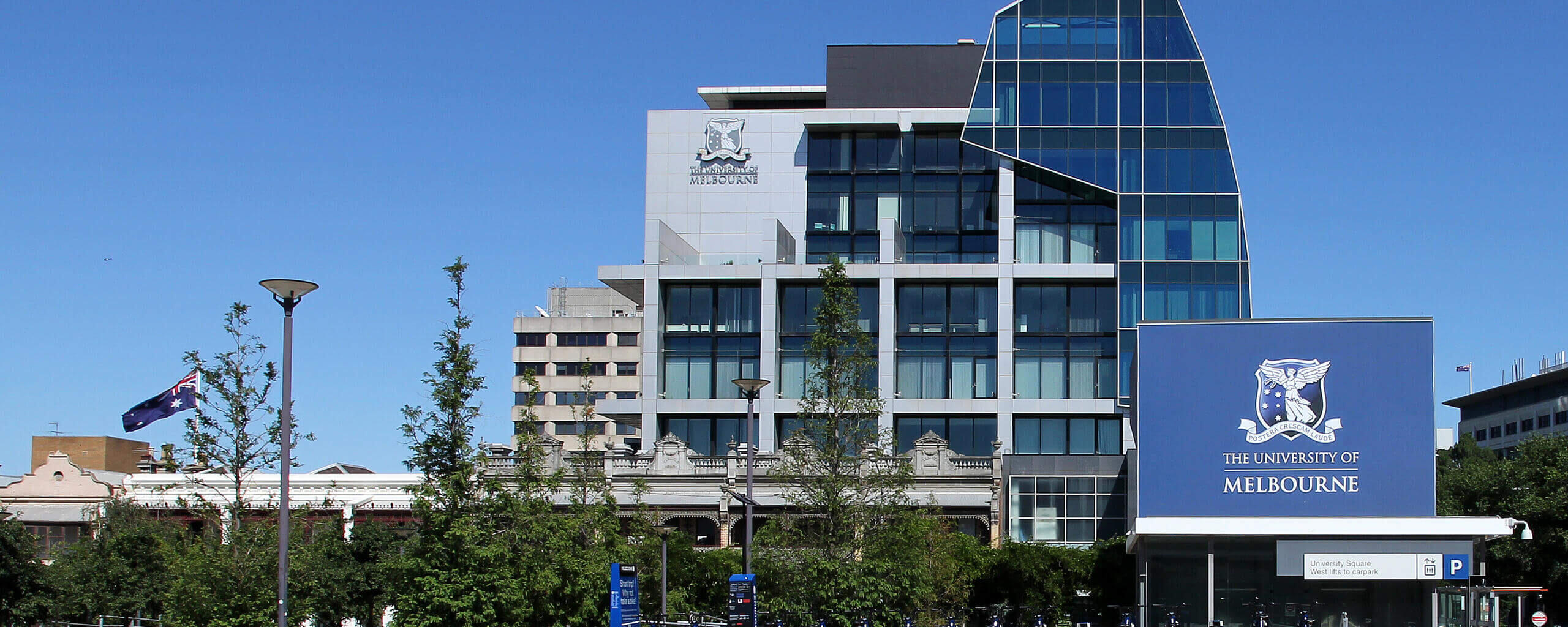From Indigenous knowledge to artificial intelligence, from climate change to cultural preservation. Research at the University of Melbourne is adding to human knowledge and understanding so that society can thrive. It is also translating discovery into meaningful, practical impact to benefit all of us.
We value research as a fundamental form of learning. Empowered by a sense of place, and the people we work with. Success requires collaboration, not just between scholars, but with community, industry and government.
Explore the precincts, people, platforms and multidisciplinary research bringing together diverse perspectives and expertise – and pushing forward the boundaries of knowledge.
Research Areas
- Biomedical Engineering Innovation
- Child and Adolescent Health
- Comprehensive Cancer
- Ecology and Evolution
- Indigenous Settler Relations
- Infection and Immunity
- Medical Biology
- Mental Health
- Migration, Statelessness and Refugee Studies
- Neuroscience
- One Health
- Population and Global Health
Funding
- More funding information and application deadline available here.
- Prospective students can apply for scholarships for research study, or competitive grants as a professional researcher. Detailed information
Testimonials
“When starting a PhD, one question that most likely comes to everybody’s mind is: “Will I be up to the task of finishing a PhD?” My advice is to have some respect for the task at hand, but not too much. It is good to read relevant literature and to find academics in one’s field who can serve as models, but it is at least as important to leave room for one’s own ideas and to develop the self-confidence to pursue them.”
Dr Miriam Guenther, PhD , Department of Management and Marketing
Du möchtest einen individuellen Beratungstermin?
Kontaktiere gerne unsere Ansprechpartnerinnen des GOstralia! Research Centre.
